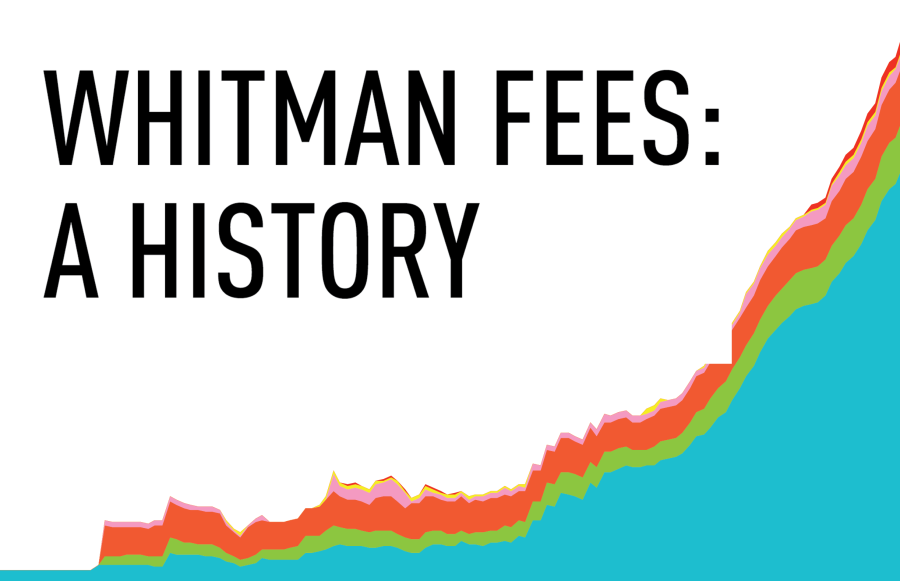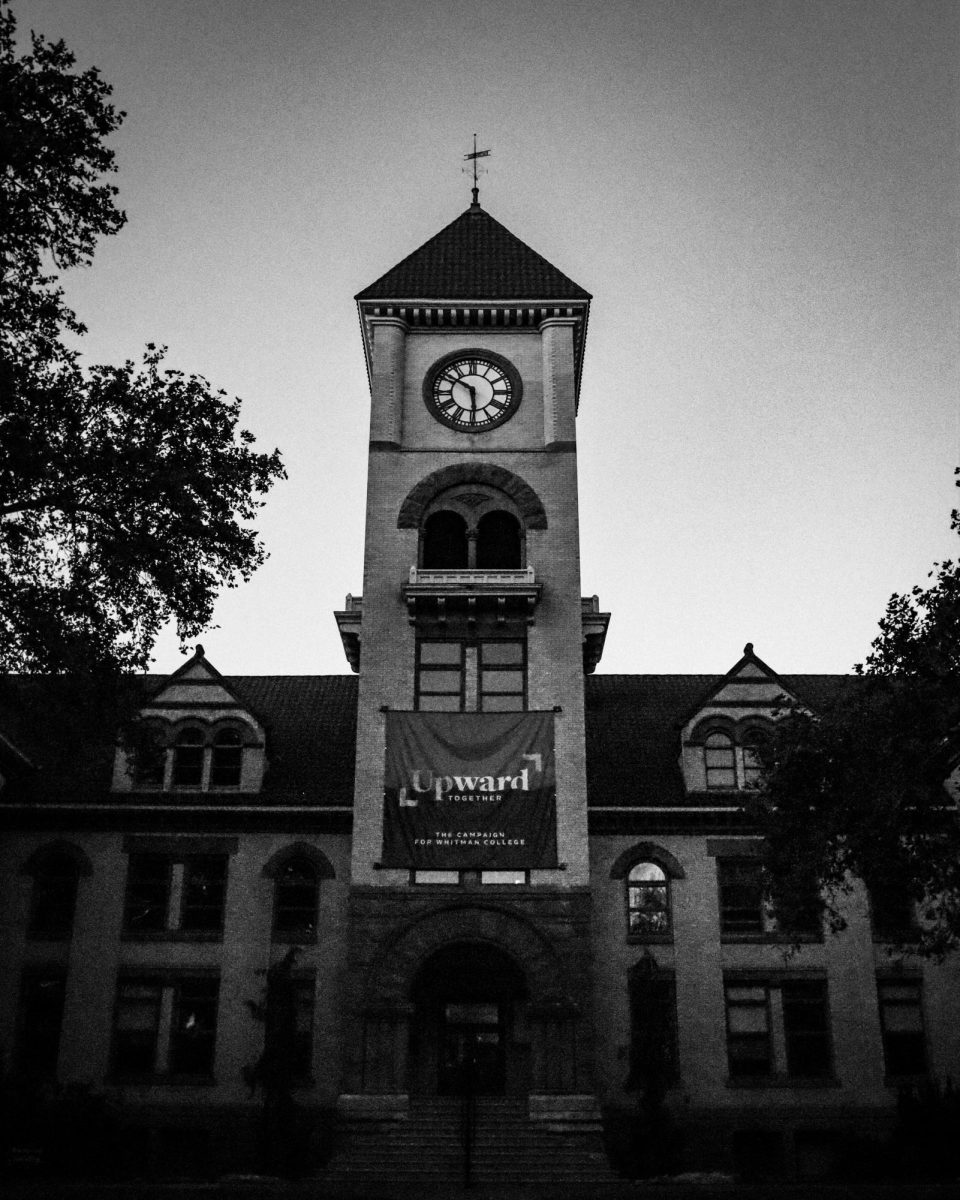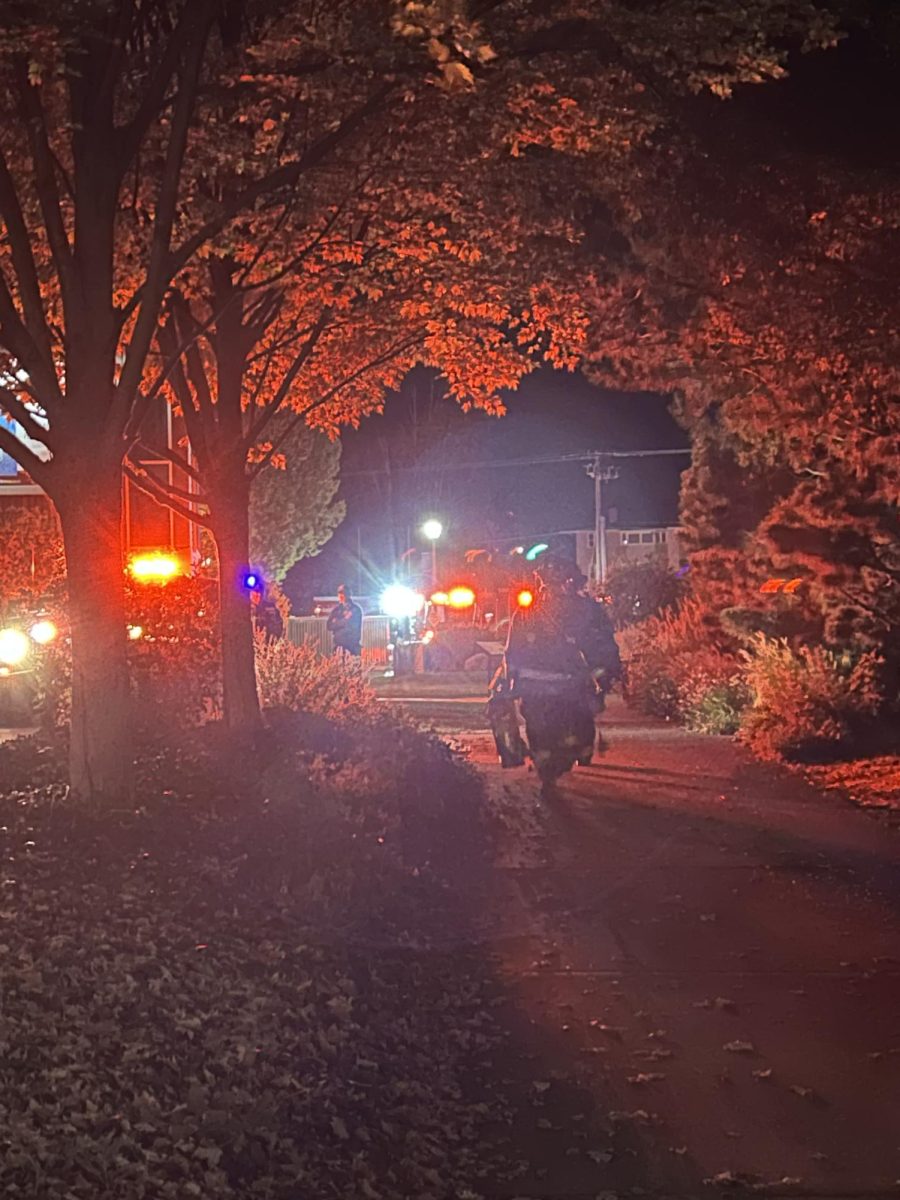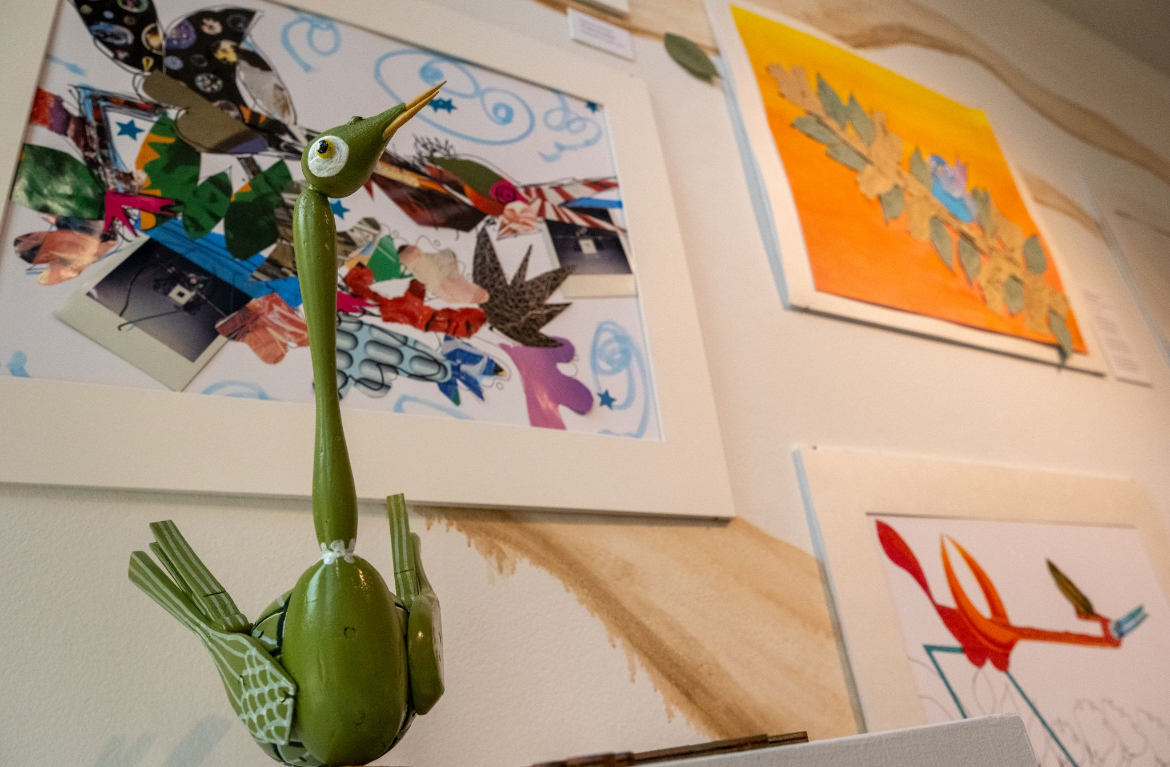Whitman College recently released its student fees for the 2012-2013 academic year. Tuition for next year is set at $41,790, a four percent increase from last year’s tuition. This is the lowest tuition increase the college has had since 2000. Despite this lower-than-average tuition increase, the growing cost of college prompts some to consider the sustainability of the higher education model.
While tuition increases are occurring nationwide, at some places as high as nine percent, some students are optimistic that Whitman is able to keep financial aid costs at pace with increasing tuition.
“My hope is that the quality of education that we’re paying for now and students will continue to pay for in the future will be worth the high price tag, but by that same token we’ll be able to offer more financial aid,” senior ASWC President Matt Dittrich said.
Treasurer and Chief Financial Officer Peter Harvey further addressed the particular factors that go into the decision to increase Whitman’s tuition and by how much.
“We look at what our needs are, what kind of salary increases we want for staff faculty and other priorities if there are any new initiatives we want to take. Then we look at the market place, how our college compares to other colleges,” he said. “It’s all about trying to find a balance.”
Next year, the college hopes to primarily fund salary increases for faculty and staff that have undergone performance appraisals.
“A high priority for the college is doing a three percent increase for faculty and staff,” Harvey said. “We would have actually done more [increases]; in the last few years we’ve only had one to two percent salary increases.”
Additionally, the college will be adding two new tenure line faculty positions next year, one in chemistry and one in biology.
Tuition increases have been outpacing growth in consumer price index and family income. Taking into account inflation, Whitman tuition increases have averaged 3.27 percent over the past 20 years. In contrast, inflation levels have averaged 2.63 percent in the same time period.
However, Harvey reminds students that comparing the cost of education is not necessarily a fair comparison.
“A Whitman education today is significantly stronger and better than it was 10 years ago . . . the faculty student ratio is significantly less than it was 10, 20 years ago. We do a whole bunch of educational experience programs that we never did 15 years ago,” he said.
President George Bridges discussed the correlation between higher education and the skilled labor market.
“Tuition increases have outpaced inflation for many years in sectors of our economy reliant on highly skilled workers. The costs of seeing a doctor, lawyer or attending a college or university where faculty members have PhDs from leading graduate programs have all risen at rates higher than inflation,” he said in an email.
In a sense, college finances can be compared to the business model of selling technology.
“Look at a Whitman education like an Apple product. They come out with a new iPhone or a new iPad that’s stronger every couple of years. In order to stay relevant and in demand, you have to be making yourself better, and I feel that Whitman does as well,” Harvey said. “Where this analogy fails, [Apple] can often bring down the cost of technology, Whitman can’t . . . the whole nature of our product is based on faculty-student interaction and small class sizes.”
First-year Evan Griffis is hopeful that the college will provide him with a financial aid package that will reflect Whitman’s higher tuition, and would like to see the the benefits of increased tuition in his subsequent years at Whitman.
“I understand that it’s a necessary evil,” he said, “but it’s hard to say that you actually feel that your educational experience is increased to the same amount you’re paying––I hope so, but as a freshman I haven’t had enough time here to actually say I’ve felt it.”
According to Harvey and Dean of Admission and Financial Aid Tony Cabasco, the college is helping students deal with the increasing cost of college by providing more financial aid. The college has allotted even more financial aid for new students next year to increase socioeconomic and ethnic diversity
“Federal and state governments pays less toward supporting education, our students used to get more grant money and we’ve tried to make up with that with Financial Aid. One of the biggest growing portion[s] of our operating budget is financial aid,” Harvey said. “Not everybody’s going to afford [Whitman] but we’re doing a lot to help as many [students] as we can.”
Cabasco discussed the challenges of ensuring students receive enough aid to actually attend Whitman, while also allocating enough money to appeal to prospective students.
“We’re trying to balance our increases with what can we do to relieve pressure on students by ensuring financial aid is available, and we don’t want to put ourselves in position where we hurt the retention of students or our chances of attracting new students,” Cabasco said.
While financial aid may be a growing sector for the college, students currently not receiving any form of financial aid have been especially feeling the increasing stress of paying almost an extra for tuition than what is originally advertised to them their freshman year.
“I was not considered for any merit aid coming to Whitman, and Whitman did not offer any need based aid. This continued increase in tuition means only an extra burden on my parents,” junior Matthew Morris said in an email. “In some ways it’s easy for people who may have a lot of aid to say the tuition increase doesn’t affect them, but it really affects my family.”
Griffis, whose own experience is currently subsidized by financial aid further discussed the importance of the College’s retention rate.
“Tuition is felt by students, especially those already on aid that is dependent on them coming here. If it’s already hard for a lot of students, a $1,600 increase is difficult. I would hate to see an increase that is meant to improve our education be the factor that makes somebody not return to Whitman.”
With increasing tuition prices every year, the college doesn’t expect to move back to a need-blind admission policy in the near future.
“Given our place in the market place, we can only afford to do so much, and when we deal with those realities, I don’t think we’re abandoning our values. We’re still working aggressively to encourage and promote the diversity of our student body,” Harvey said.
Griffis noted that it is unfortunate that need-sensitive admission affects Whitman’s diversity, but believes that the college administrators are making a well-reasoned judgement based on the different areas Whitman wants to excel in.
“High tuition paired with a need-sensitive admission might be unattractive to incoming freshmen, but it’s a tough decision for the college to make. At the same time, it’s unreasonable for students to demand a need-blind admission policy if the school is not in the financial standing to do so,” he said.
Although the college is working towards expanding its financial aid sector, the reality of increasing costs is hard to ignore. At Whitman’s average tuition percent rate increase, 30 years from now, when most current students can expect to begin funding their own children’s higher education, students can expect to pay nearly $100,000 dollars or more a year––not including housing, books, extracurricular fees, and travel costs.
“I do understand the motivations of the college for increasing tuition,” Griffis said. “I just can’t think of what else college could do to make it worth that much.”



















